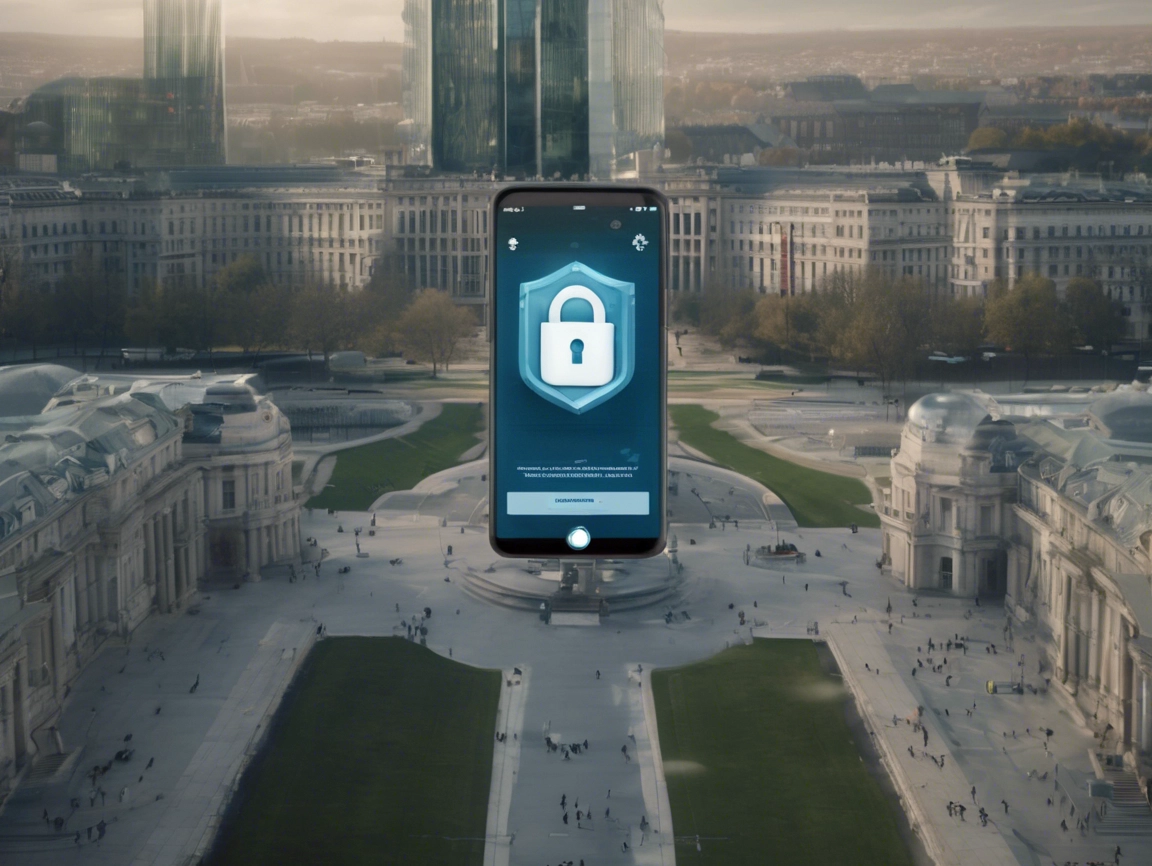Top Insights
© Copyright 2024 - 2025 Privacy01. All rights reserved powered by Privacy01.com
News
 scsecFebruary 28, 20251 Mins read239 Views
scsecFebruary 28, 20251 Mins read239 Views
Signal Stands Firm: No Encryption Backdoors in UK or Sweden

Signal, a leading encrypted messaging app, has reaffirmed its commitment to user privacy by stating it will exit markets where governments demand encryption backdoors. This stance comes as both the UK and Sweden consider legislation that could compromise end-to-end encryption (E2EE).
Key Points
- UK Developments: Apple recently disabled its iCloud Advanced Data Protection (ADP) feature in the UK to avoid creating an encryption backdoor. This decision followed government demands for access to encrypted data, highlighting the tension between tech companies and governments over encryption5.
- Sweden’s Proposed Legislation: The Swedish government is considering a bill that would require messaging apps like Signal and WhatsApp to store user communications for potential law enforcement access. This would effectively create a backdoor, undermining E2EE23.
- Signal’s Position: Signal President Meredith Whittaker emphasized that the company will not compromise its encryption model. “We will not walk back, adulterate, or otherwise perturb the robust privacy and security guarantees that people depend on,” she stated5.
- Opposition to Backdoors: The Swedish Armed Forces and cybersecurity experts have expressed concerns that implementing backdoors would introduce significant security vulnerabilities46.
- Global Context: The EU has also been debating proposals to scan encrypted communications, known as the “Chat Control” initiative, aimed at combating child abuse material. However, this has faced pushback from experts and lawmakers8.
Signal’s Commitment to Privacy
Signal’s stance reflects a broader commitment to privacy and security. The company views any backdoor as a vulnerability that could be exploited by malicious actors, not just law enforcement. This position is supported by many in the tech community, who argue that secure encryption is essential for protecting user data7.















Leave a comment